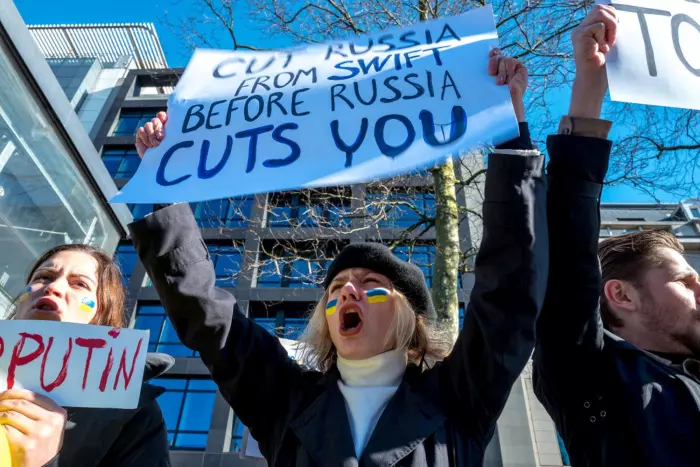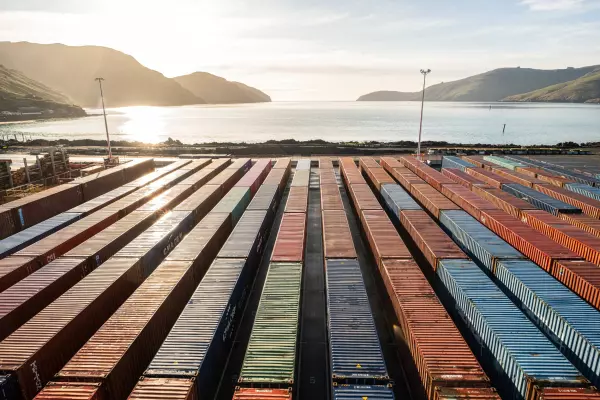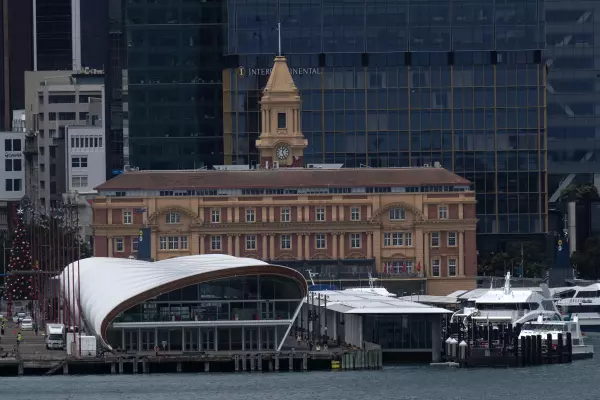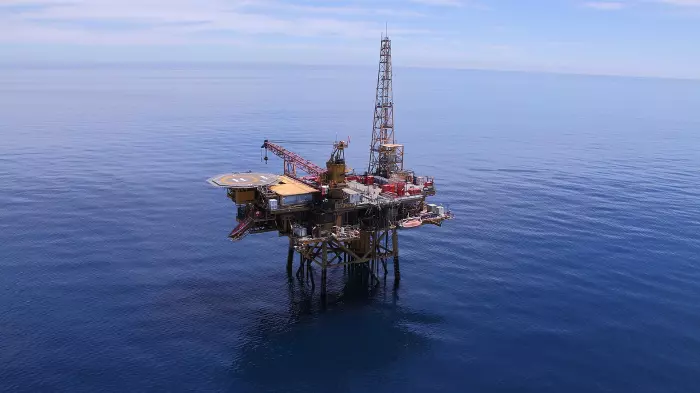New Zealand will pass a specific Russia sanctions bill under urgency this week in response to the Ukraine invasion.
Prime minister Jacinda Ardern and foreign minister Nanaia Mahuta made the announcement on Monday following earlier ad hoc measures, including a travel ban and export controls stopping goods being sold to the Russian military.
Unlike other Five Eyes intelligence-gathering group members, NZ lacks an autonomous sanctions regime letting the country unilaterally impose sanctions outside the United Nations Security Council – a limitation that has exposed the country to criticism following the Russian invasion of Ukraine.
The Russia sanctions bill will empower the government to freeze assets in NZ, prevent people and companies from moving their assets to NZ to escape sanctions imposed by other countries, and stop Russian superyachts, ships and aircraft from entering NZ waters or airspace.
In a statement, Ardern described the bill as a first of its kind, targeted autonomous sanctions regime.
“A bill of this nature has never been brought before Parliament, but with Russia vetoing UN sanctions we must act ourselves to support Ukraine and our partners in opposition to this invasion,” she said.
The government planned to introduce the bill on Wednesday, pass it under urgency (hopefully that day) and impose sanctions within a week.
Ardern said a group of seven ministers would meet after the bill passed to impose sanctions. The first tranche would better align NZ with its partners through measures such as immediate asset freezes and sanctions on Russian banks.
A second tranche of sanctions would be based on a more forensic analysis of Russian investment in NZ.
Ardern was unable to say whether specific oligarchs with NZ interests, such as Alexander Abramov, the owner of the $50 million Helena Bay Lodge in Northland, would be targeted.
The bill would allow new sanctions approved by the foreign minister to be applied, Ardern said.
“Those sanctions can be imposed on people, services, companies, and assets related to those in Russia who are responsible for or associated with the invasion, or that are of economic or strategic relevance to Russia, including oligarchs."
“A public sanctions register will be set up to list every individual, entity, asset, or service that is sanctioned.”
Left behind
Prior to the announcement about the new bill, NZ had been called out by international media outlets like the Wall Street Journal for its inability to impose unilateral sanctions.
An autonomous sanctions bill was drafted in 2012 under the previous National government but was only added to the order paper in 2017. National MP Gerry Brownlee picked it up as a private member’s bill after it slipped from the order paper in 2020.
Labour, the Greens and the Māori party raised issues with the bill when they voted against it at its first reading last year. Opponents argued the draft law wasn’t fit for purpose, didn’t properly deal with human rights and stressed the importance of multilateralism.
Brownlee urged the government to pass the bill under urgency following the invasion of Ukraine. The joint statement from Ardern and Mahuta said the government was continuing to seek advice on a full autonomous sanctions regime.
Mahuta said the government had cross-party support for the Russia specific bill, allowing it to pass under urgency.
She and Ardern also announced that the names of people banned from travelling to and through NZ following the Russian invasion of Ukraine had been made public.
The list does not include Abramov, executive chairman of the Russian steel company Evraz, which UK media reports suggest has supplied armour-plated steel for Russian heavy weapons.
BusinessDesk last week pushed the Ministry of Foreign Affairs and Trade (MFAT) to explain why NZ wasn't publishing its travel ban list.
'Indiscriminate' approach needs to be avoided
Speaking before the announcement, professor Alexander Gillespie, an international law expert at the University of Waikato, said any sanctions passed under the new framework should be consistent with our allies.
“We need to make sure they are completely consistent, because if they are not consistent they will be exploited economically and politically by other people.”
He did not believe a wider autonomous sanctions bill was necessary.
“99% of the time sanctions should be in accordance with the UN and the UN system, but right now the UN is failing because of where Russia is.”
It was import sanctions were applied transparently and in accordance with clear goals, he said.
“There’s a lot of people right now that just want to hurt Russia and we need to make sure the sanctions are targeted and proportionate with a particular goal in mind.
“It can’t just be indiscriminate.”














